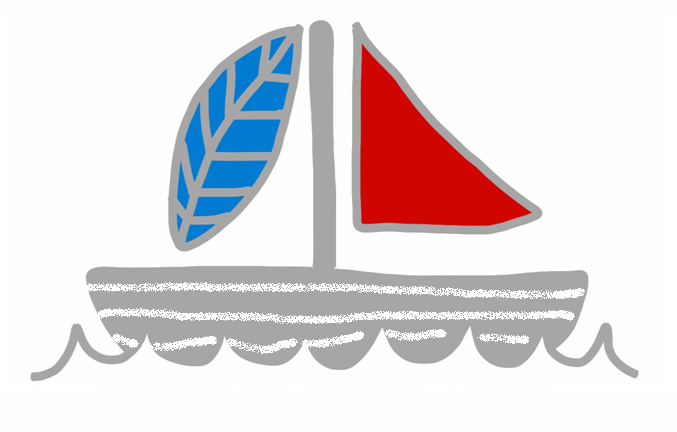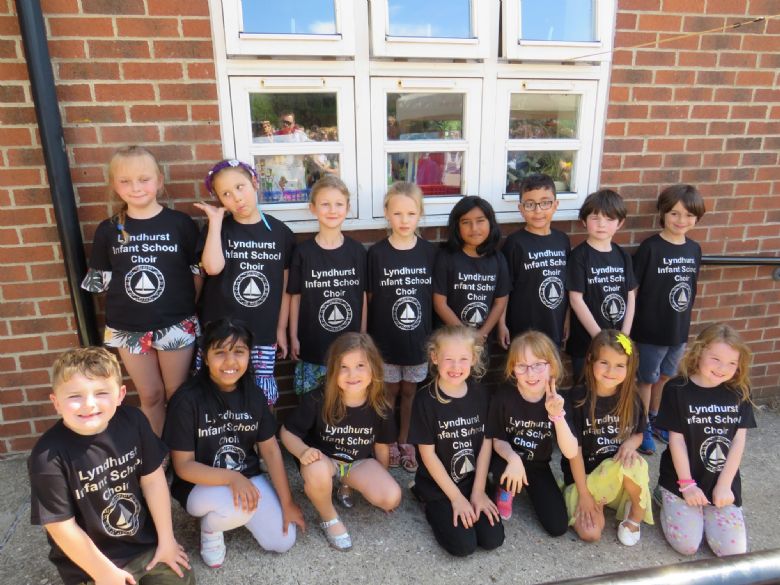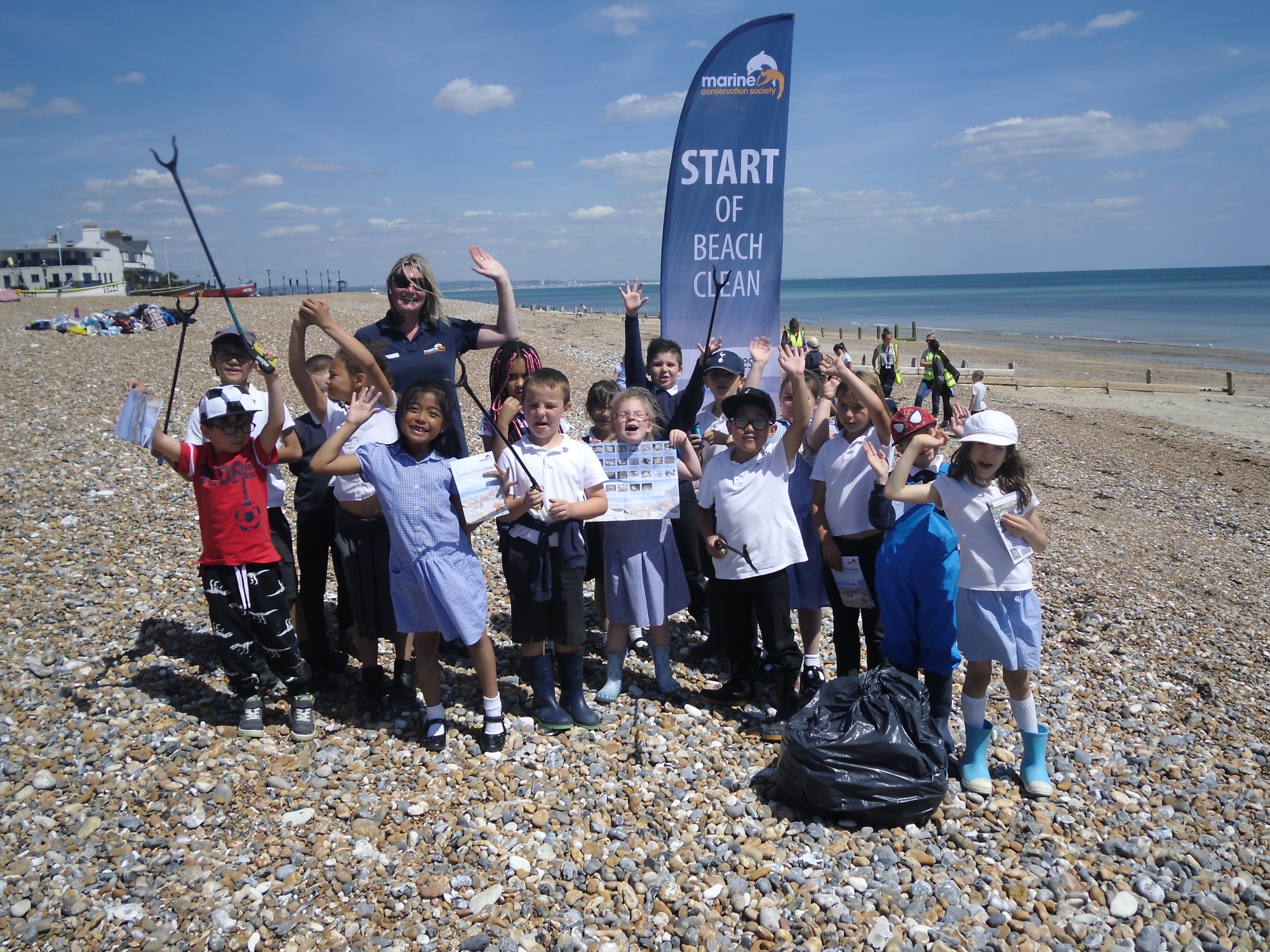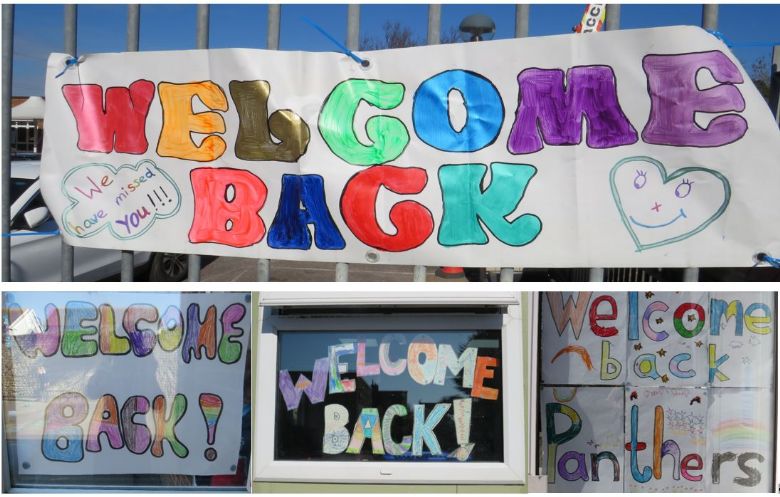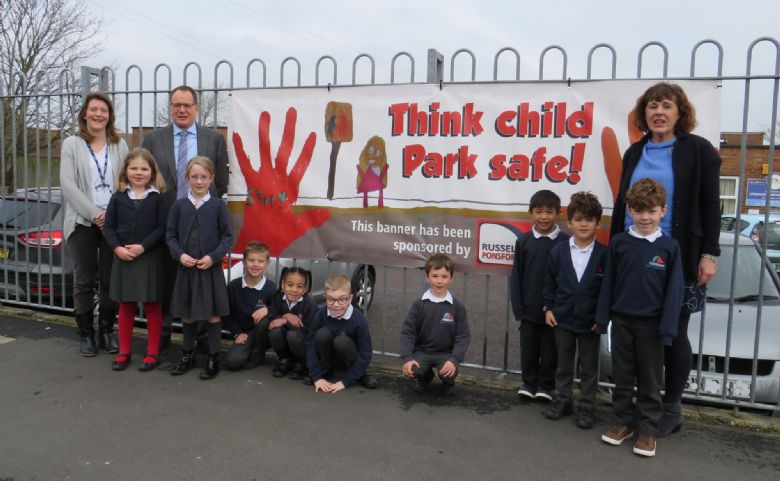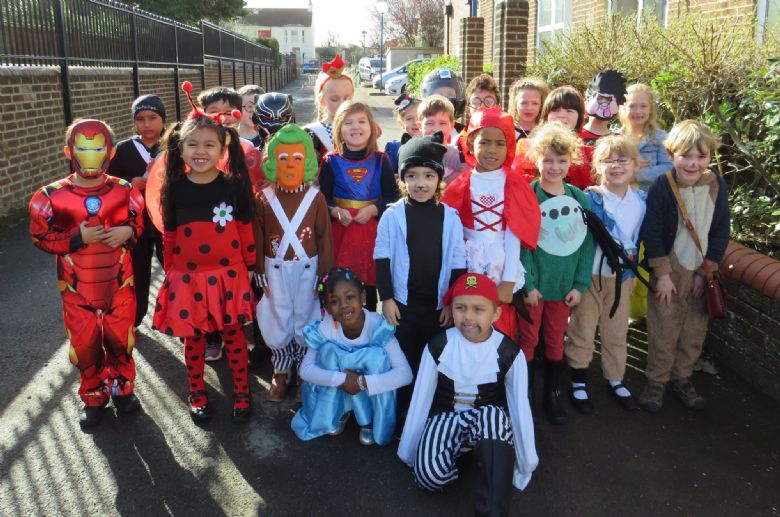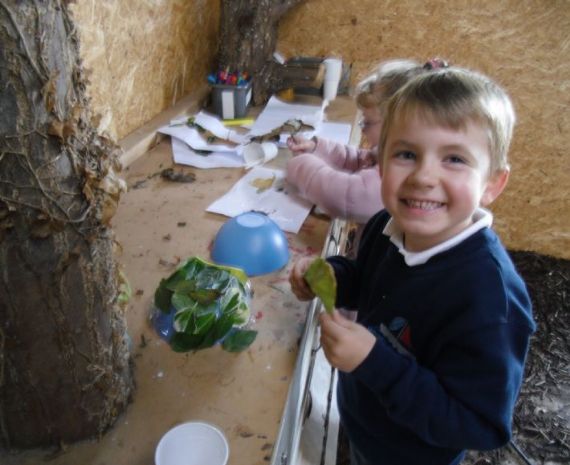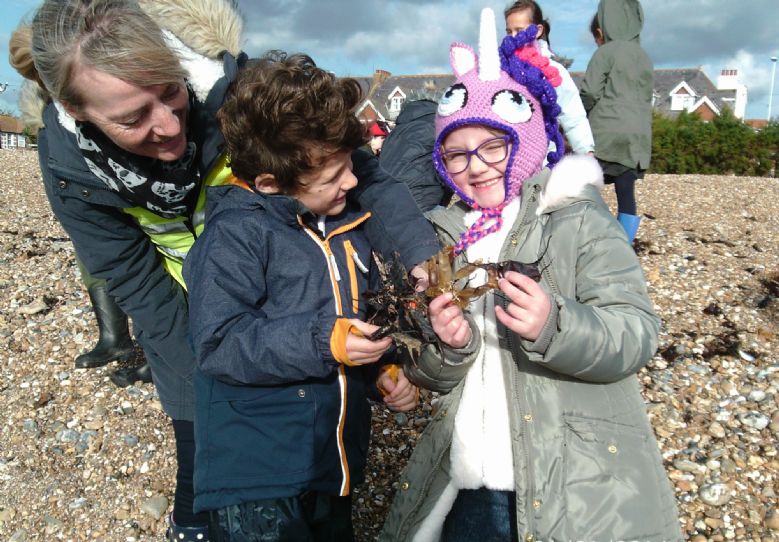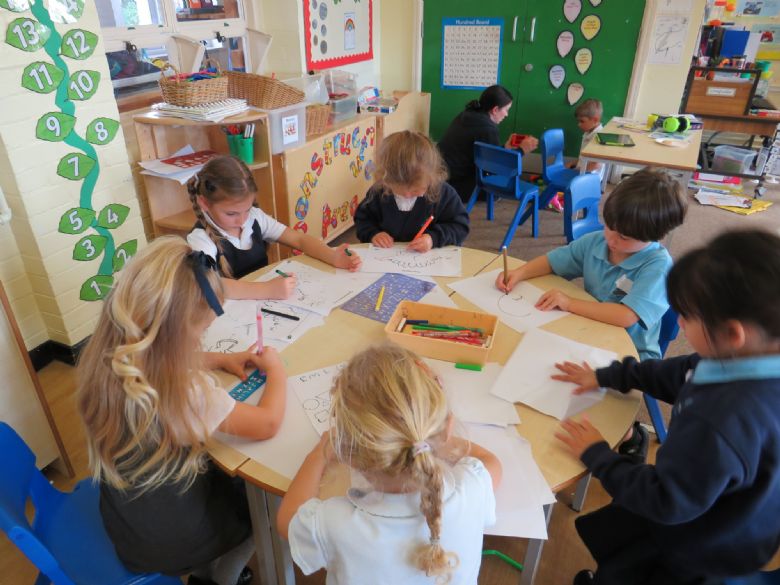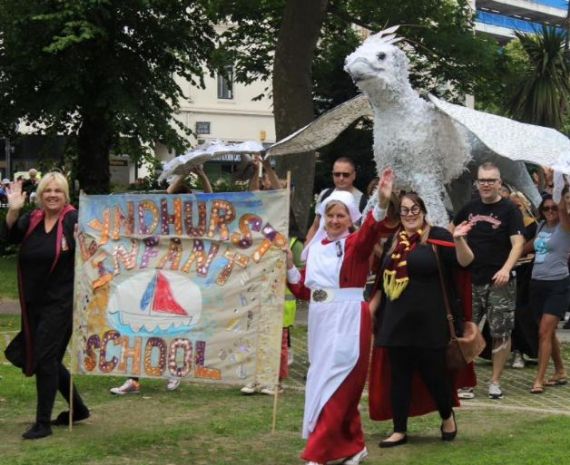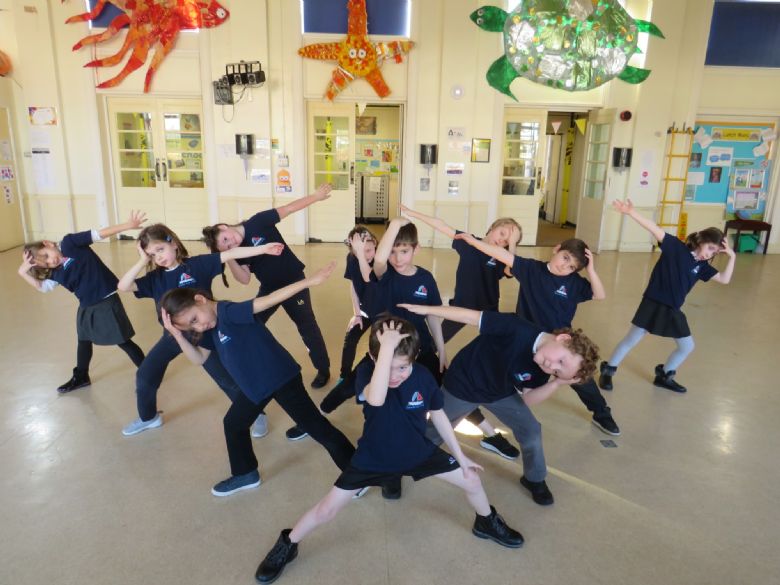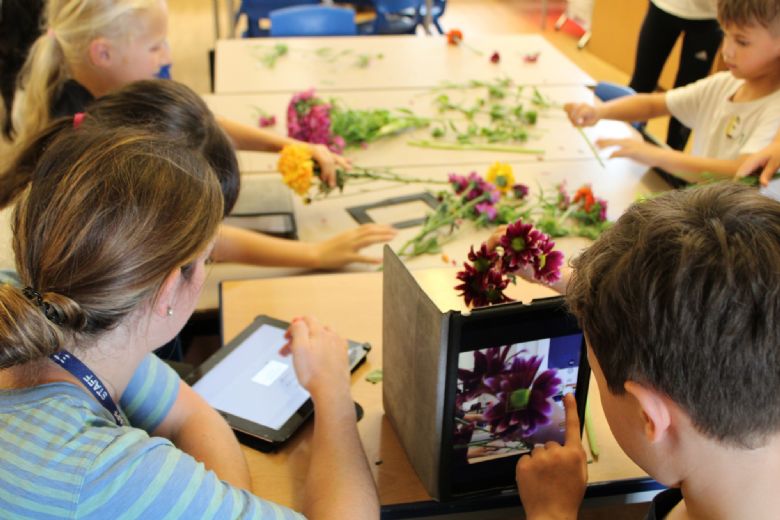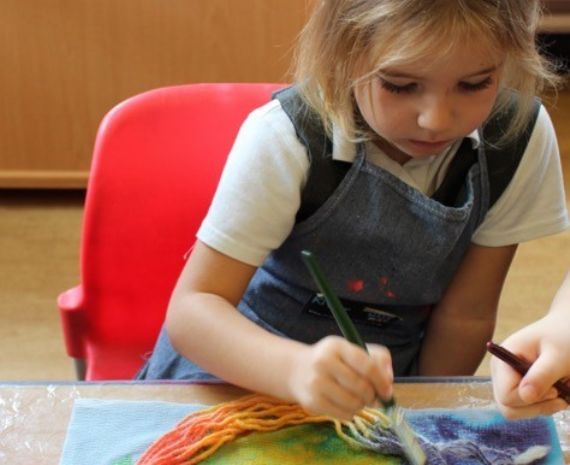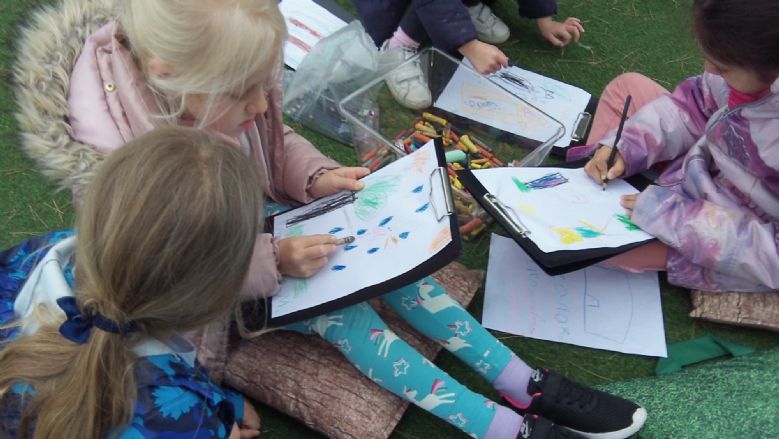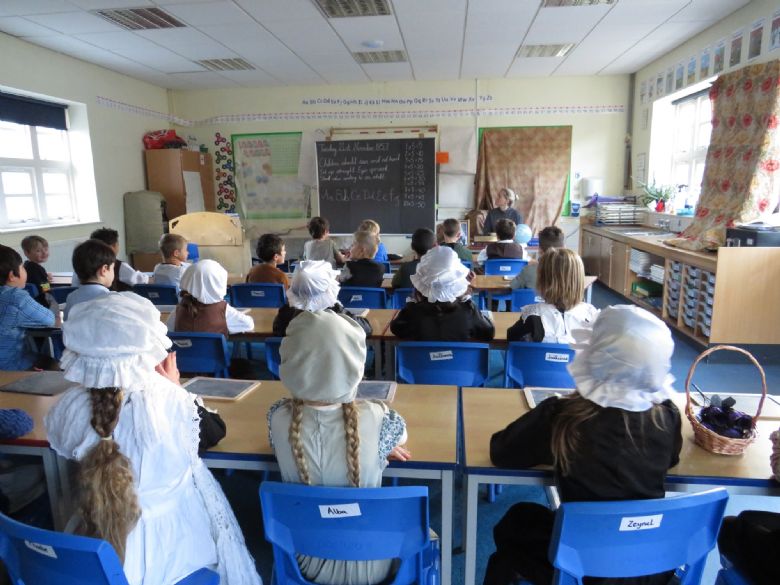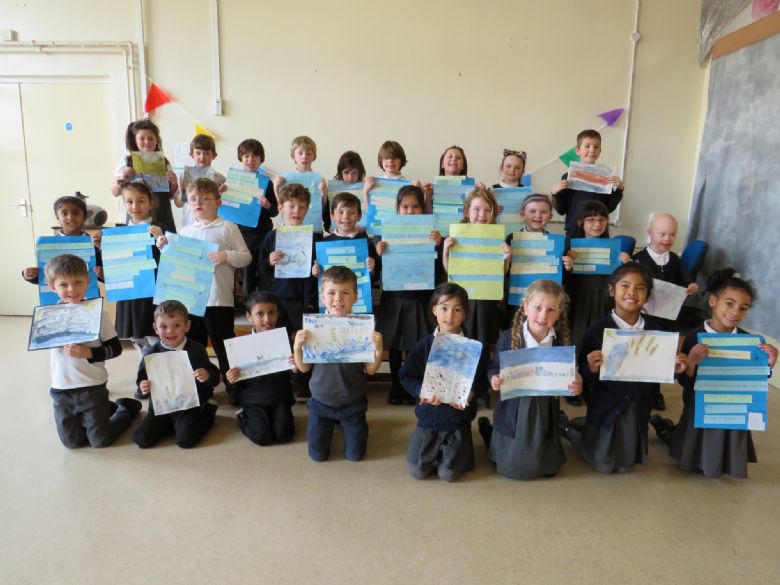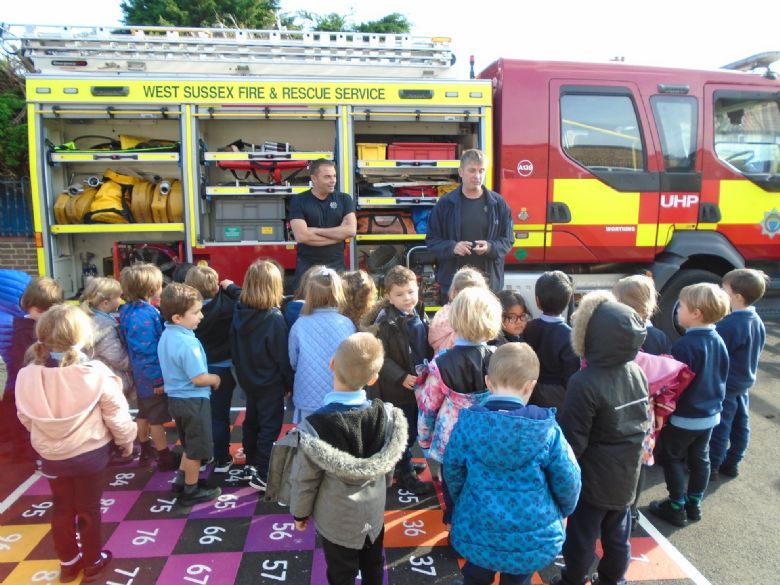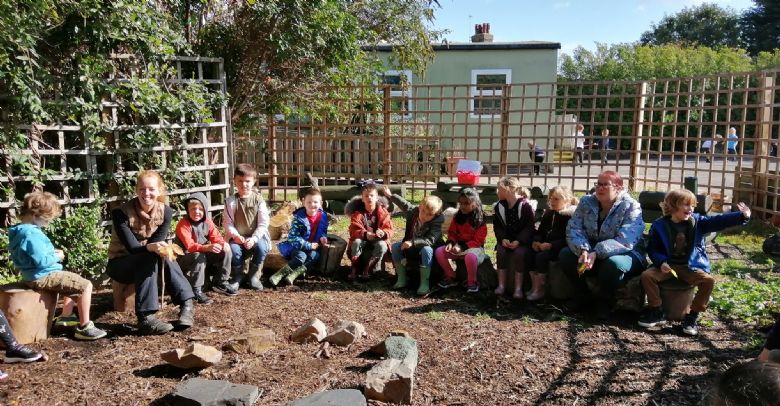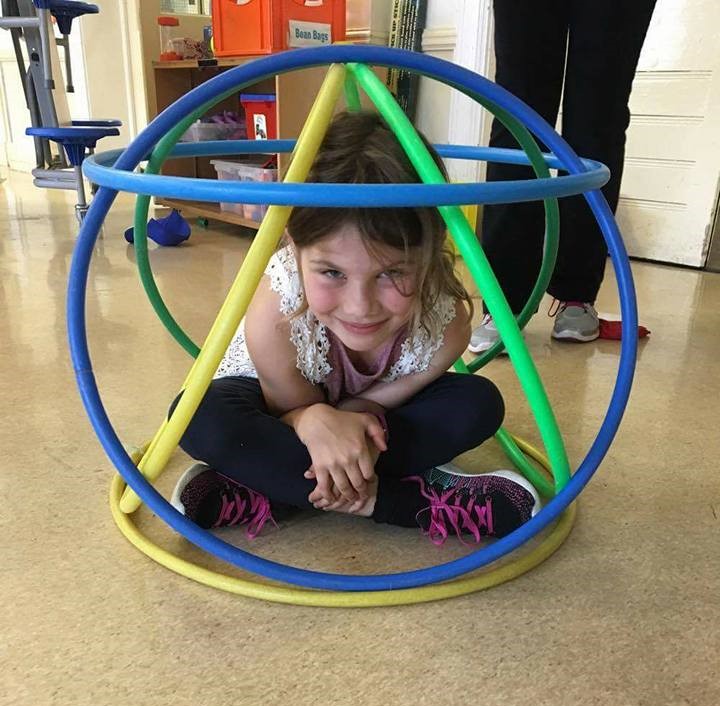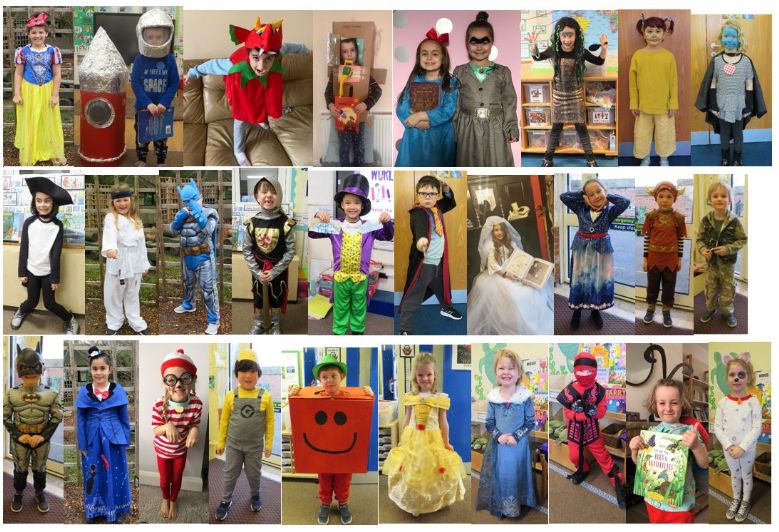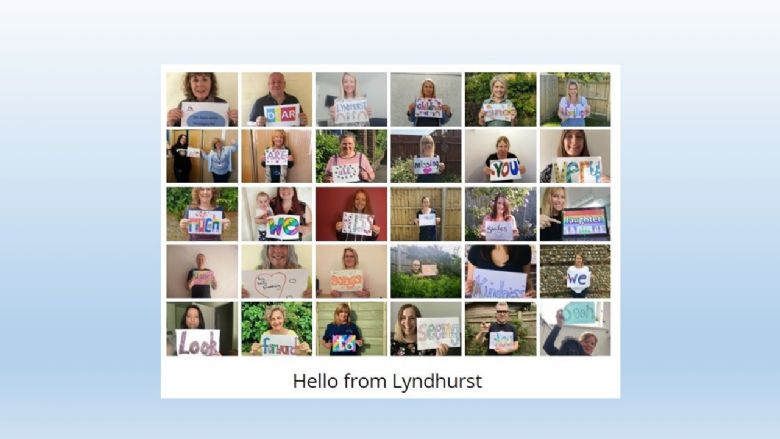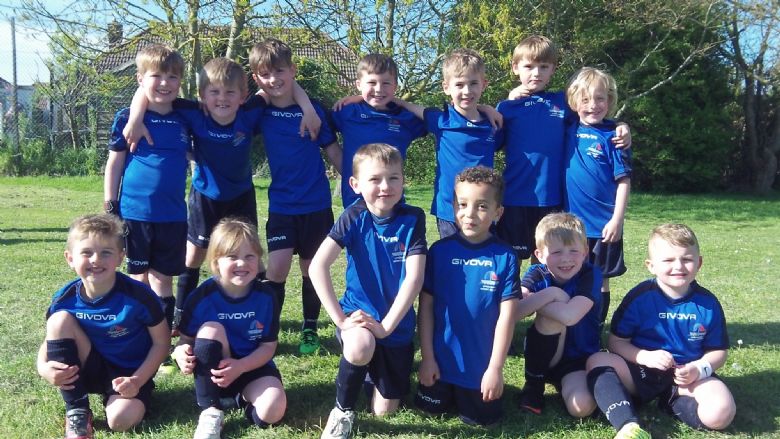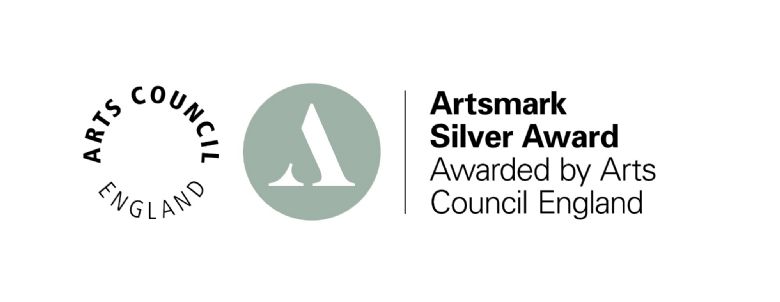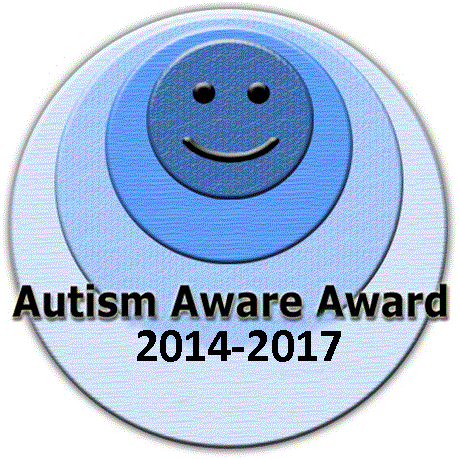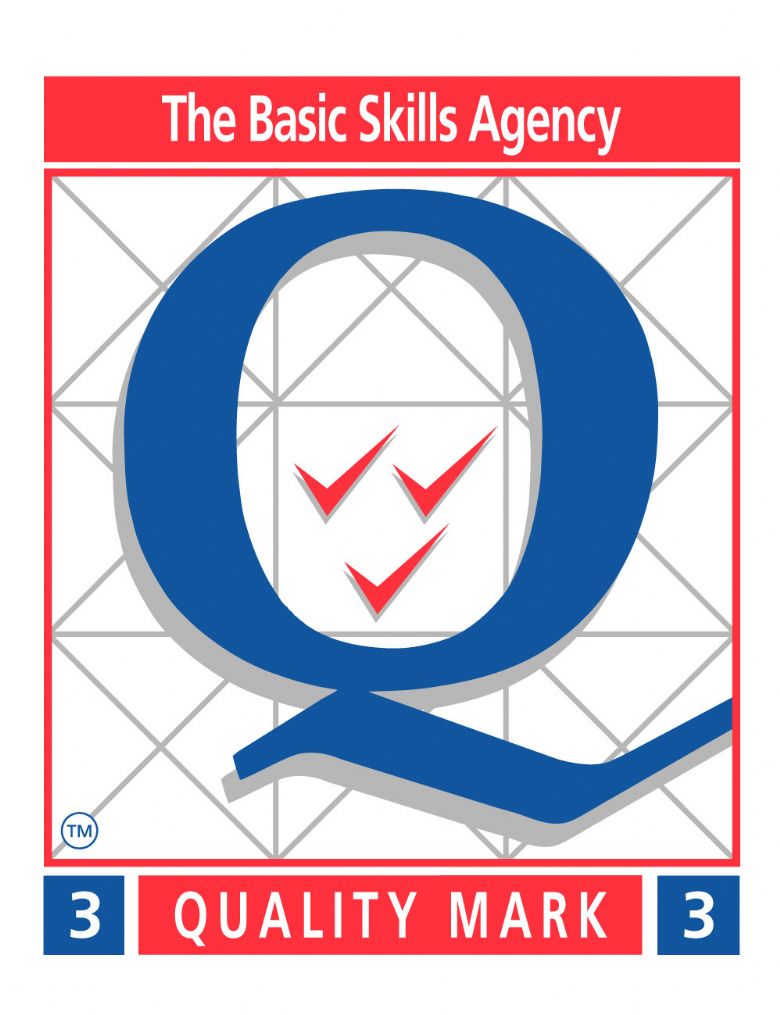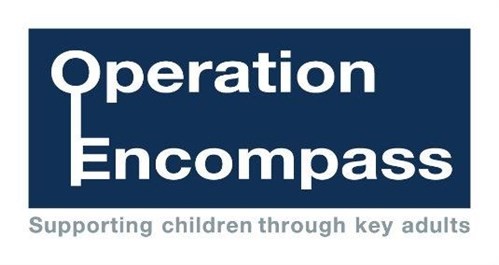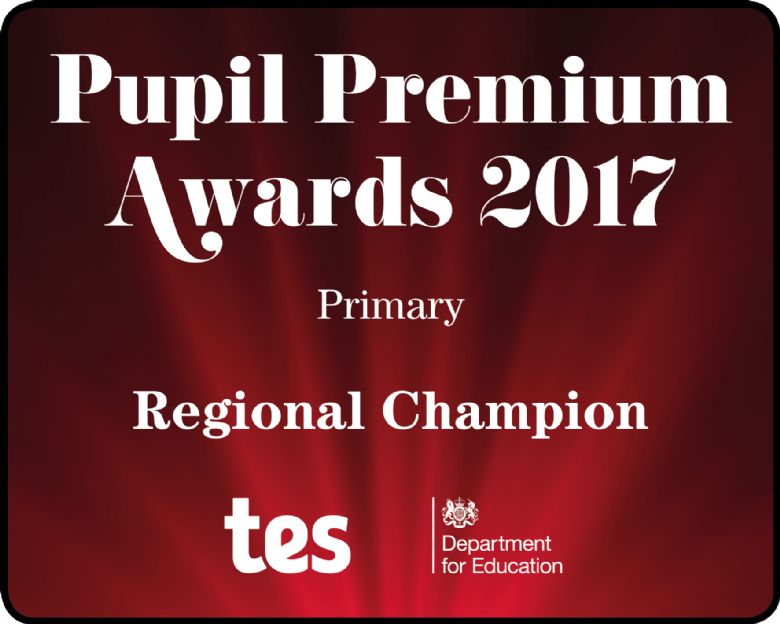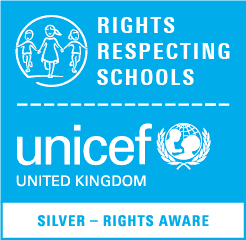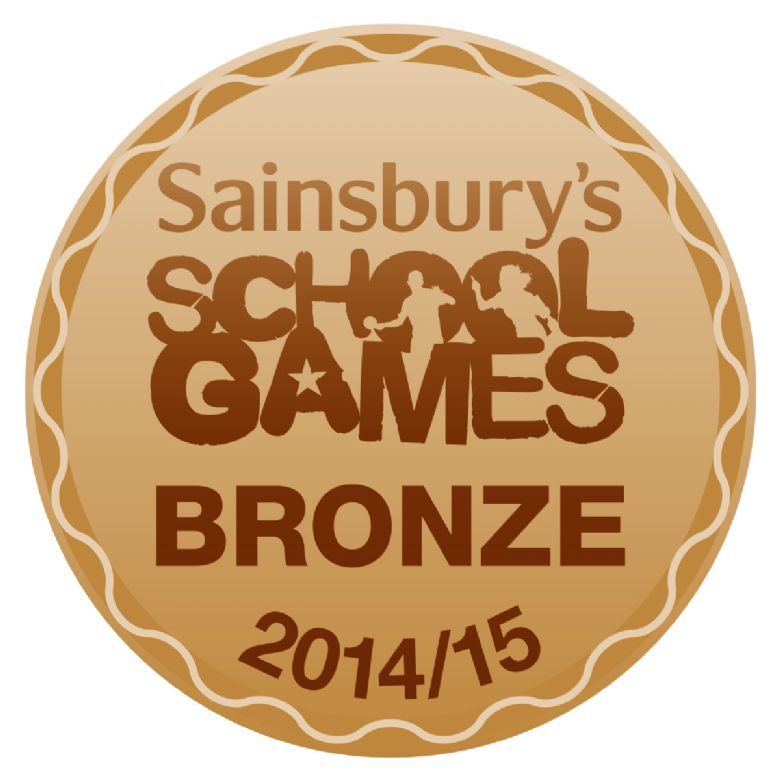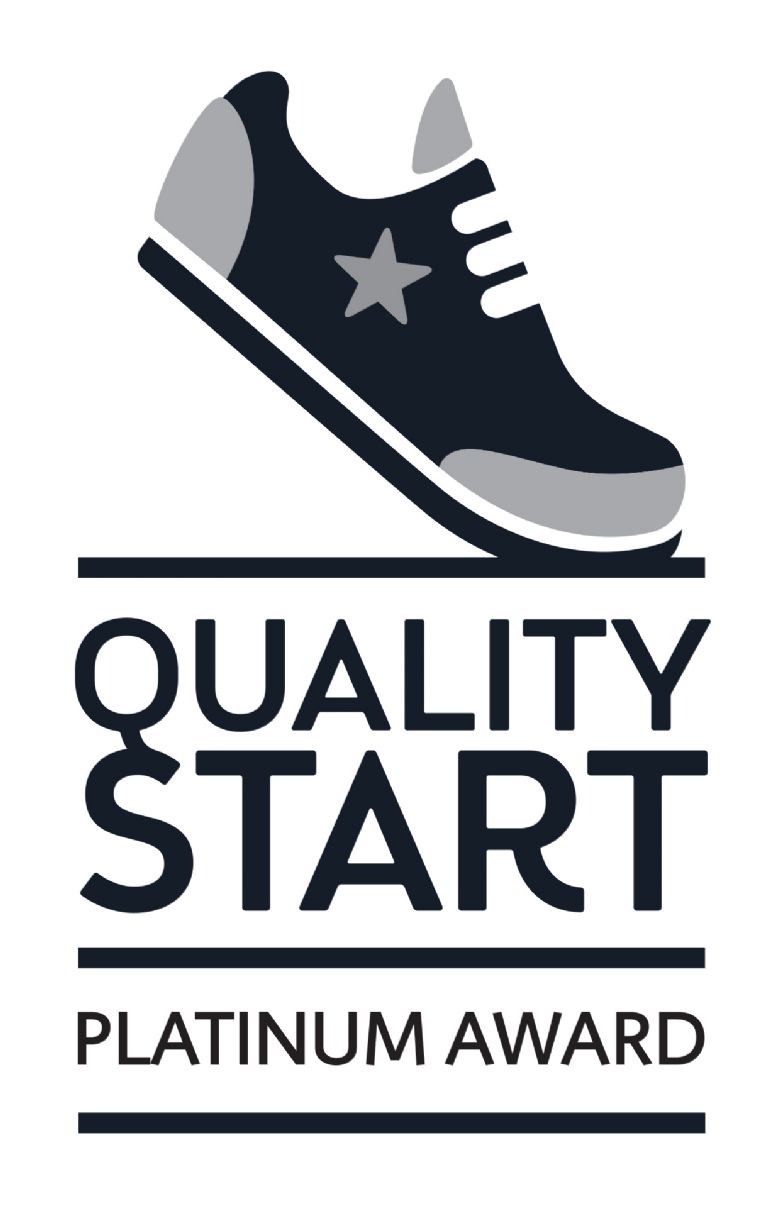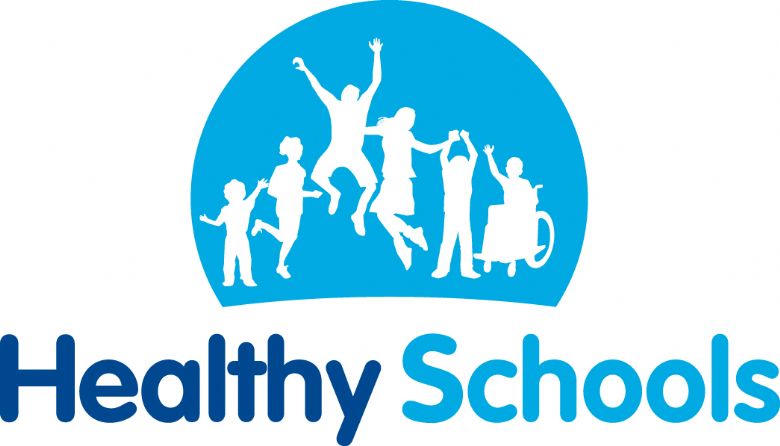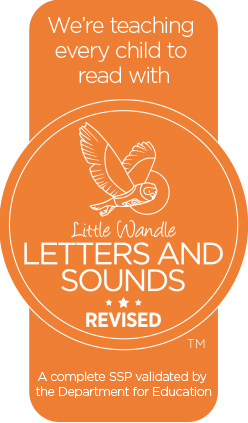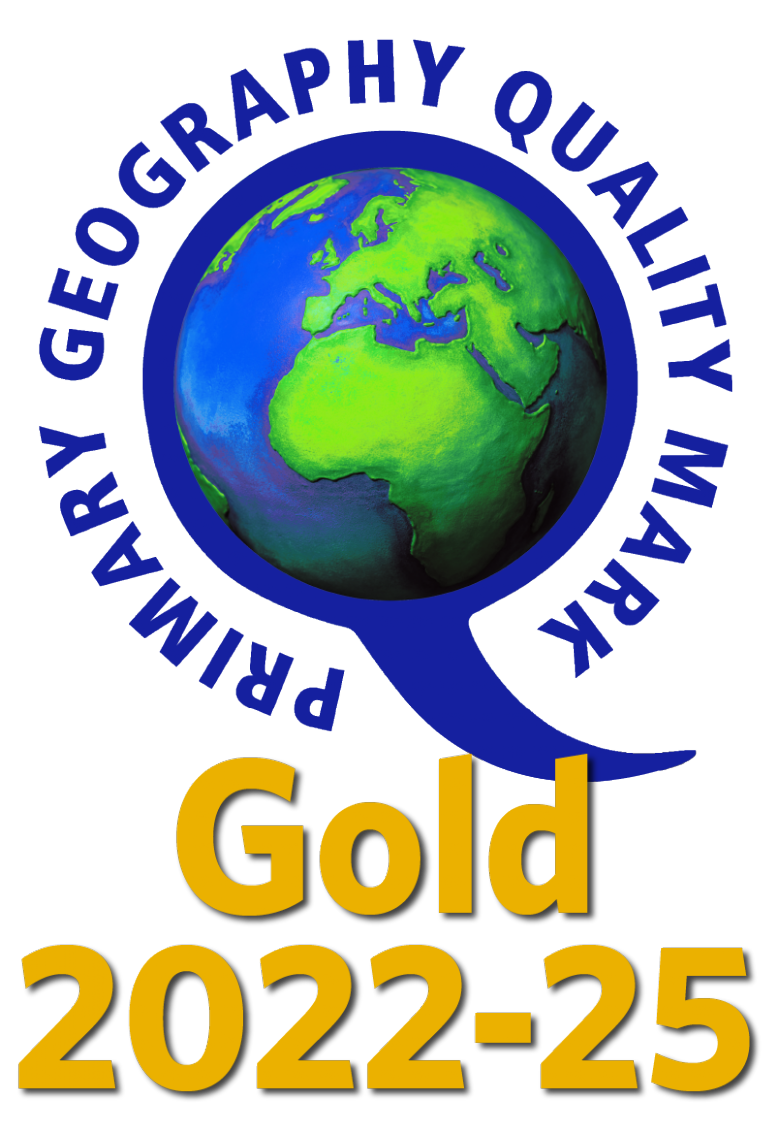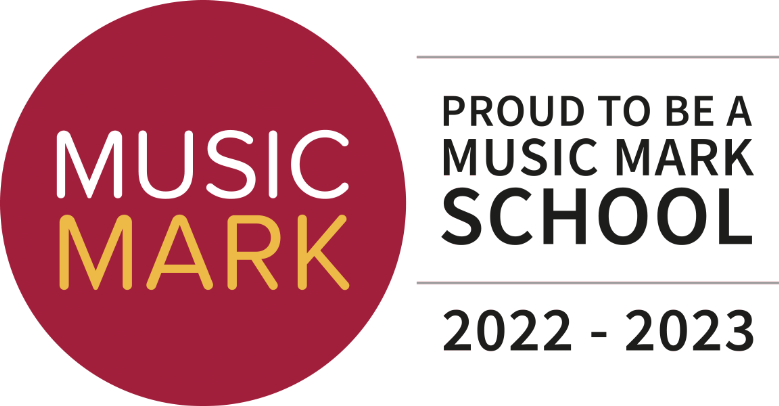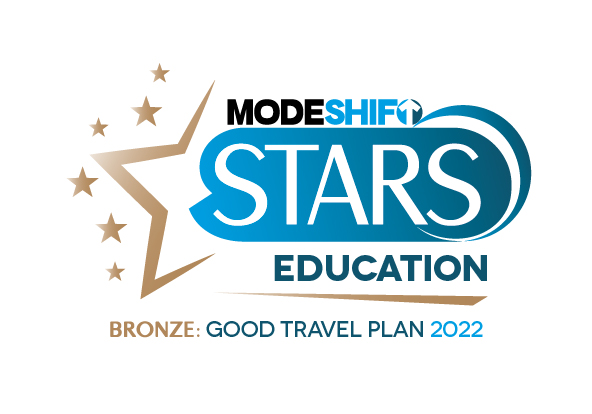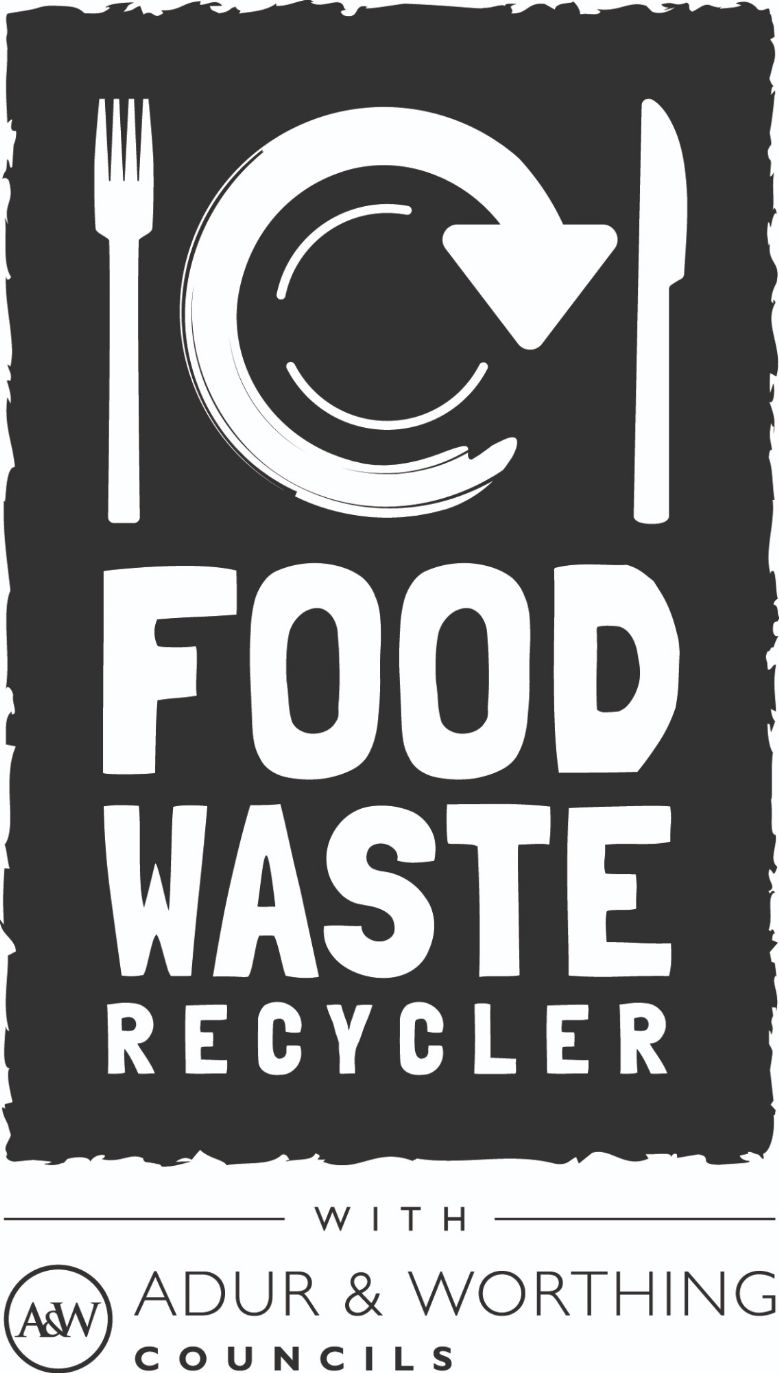Curriculum Statement
‘Learning For Ourselves, Respect, We Can’
Welcome to Lyndhurst infant School! We are very pleased that you have shown an interest in our school. We hope that you will find this information about our school community useful.
We are very proud of our school and our successes. We have a very dedicated staff team who look forward to working in partnership with you and your family. We have been accredited with many awards which highlight our values – The Basic Skills 2 Award (for English, Maths, ICT and Science), the ICT Mark, Healthy Schools Award, International School Award, Artsmark, Silver Quality Start for PE and the Primary Geography Quality Award. We are also committed to a Forest School and Beach School curriculum.
It is important to us to work in close partnership with our parents and carers. We recognise and celebrate all achievements. We use your child’s accomplishments as individual starting foundations to their school life at Lyndhurst.
At Lyndhurst we aim to:
- Welcome everyone into a safe, secure and caring environment where children are encouraged to ‘have a go’ and make the most of their opportunities
- Encourage everybody to value each other and make a positive contribution within the local and wider community
- Provide a creative, stimulating and enjoyable curriculum through which the children can progress and achieve
- Inspire the children to develop skills for life in order to approach the future with confidence and independence
Your Children at Lyndhurst Infant School:
At Lyndhurst Infant School children come first! We have high expectations of behaviour and expect your child to have good attendance so that they can make the most of the planned opportunities on offer.
All children are welcome at Lyndhurst. We plan and teach a broad and balanced curriculum, reflecting the world in which we live, ensuring that the children are supported and challenged in their learning. This includes a cultural and ecological awareness and we ensure children have good ICT and communication skills.
We provide an environment that fosters a love of learning, is safe and secure and one in which children can explore the world around them and to take risks. We encourage the children to be self-aware, have empathy for others and play an active role in the development of their community. We want them to feel a sense of pride in their world so that they learn to respect and care for it.
At Lyndhurst Infant School we believe that children learn best when:
- They are secure and happy
- They are excited about what they are learning
- They are given opportunities to investigate, explore and discover
- They are allowed to make choices, take risks and learn and build on consequences
- Their efforts are valued and recognised, both at home and at school
- They are well prepared for the school day and arrive on time
- They have good attendance
- They can see that staff, parents and carers are working together
- They understand the next steps in their learning and know how to improve
- They are encouraged to be responsible and independent
Our Curriculum
At Lyndhurst we follow the national curriculum guidance appropriate to your child’s stage of learning. When your child starts school in the reception class they will follow a curriculum in line with the Early Years Foundation Stage. In Years 1 and 2 (Key Stage 1) your child will begin to work within the National Curriculum.
Our curriculum is divided into 6 areas of learning:
- Understanding English, Communication and Languages – English, English as an Additional Language, Modern Foreign languages and Internationalism
- Mathematical Understanding
- Science and Technological Understanding – Science, Design Technology and ICT
- Human, Social and Environmental Understanding – History, Geography, RE, Citizenship, Environmental Sciences/Eco Schools
- Understanding Physical Health and Well being – PSCHE, PE, Games, Healthy Schools
- Understanding the Arts and Design – Art, Music, Dance, Drama
Staff plan a curriculum that suits the needs and interests of the children and this is a developing process as no two classes are ever the same! Year groups follow a curriculum of skills and knowledge that is based around a theme or topic. This may last from 1 week up to 5 or 6 weeks depending on the theme and the needs of the children. We believe that children learn best through first hand experiences so we try to make visits to places of interest and purpose, and also invite visitors into school. This helps to create real experiences for the children and also gives them an understanding of how their skills could be used in real life jobs.
Some curriculum areas are taught as discrete subjects but often subjects are taught all together as a more creative approach. We also encourage your child to contribute to their learning by suggesting ways to develop topics and ideas, completing independent research and by contributing learning from home.
Our curriculum is planned under 3 core curriculum Values – Learning For Ourselves, Respect and We can. These values are linked to the UN convention of children's rights.
Learning for Ourselves
Is about:
- Being creative and problem solving
- Personalised learning
- Resourcefulness
- Being collaborative
- Motivation and enjoyment
- A curriculum that meets different learning styles
- Starting with the children’s interests and building on their skills
- Ownership of learning
- First hand experiences
- Building skills and aspirations for the future
Learners will:
- Make and apply creative connections in their learning and in different learning environments
- Take risks and adopt a ‘have a go’ attitude
- Know their next steps and take their learning further
- Be independent learners
- Make decisions about how and what they will learn
- Be confident in asking for support from adults and peers
- Take pride in their work and know how to present their learning
We will provide:
- A resourceful, multisensory environment for the children to explore and express ideas
- Opportunities to reflect on their learning
- A motivating and personalised curriculum
- Staff who understand how children learn best and who are inspirational
- Open ended learning that encourages critical thinking
- Opportunities for the children to work independently and collaboratively
- Opportunities to ask and answer open ended questions to clarify their learning and extend thinking
Article 29: Your education should help you use and develop your talents and abilities. It should also help you learn to live peacefully, protect the environment and respect other people.
Respect
Is about:
- Being responsible
- Being aware of the needs and feelings of others
- Being able to listen to and value the opinions of others
- Valuing our environment and resources
- Understanding and accepting each others beliefs and cultures
- Being honest and trustworthy
- Celebrating our own and others achievements
- Having good manners and following rules that allow everyone to work and play collaboratively
Learners will:
- Listen to others, respond appropriately and sensitively
- Be kind and thoughtful in what is said and done
- Approach learning with an open mind
- Feel happy and secure and do what they can to help others feel the same way
- Take responsibility for the school environment and the wider world
- Care for both mind and body
We will provide:
- Opportunities to learn about different cultures and the beliefs of others
- Role models and high expectations
- Opportunities to celebrate achievements
- Support when it is needed
- Opportunities for children to be involved in the wider community i.e. clubs, events, competitions, inter school and community events
- A listening culture
- Opportunities for reflection
- Opportunities for both independent and collaborative work
- Article 13: You have the right to find out things and share what you think with others, by talking, drawing, writing or in any other way unless it harms or offends other people.
We Can
Is about:
- Being confident and having self belief
- Being motivated
- Being resourceful and open minded
- Being resilient
- Having a sense of pride in achievements
- Being able to work positively with others
- Being reflective about their learning
Learners will:
- Be willing to take risks
- Have an enthusiastic approach to learning
- Bring prior knowledge and skills to a task and be able to solve problems
- Have high personal expectations and relish challenge
- Listen to, and take into account others opinions and make their own positive contributions
- Know the next steps in their learning journey and know how to get there
We will provide:
- Planned opportunities to work with others in different roles to solve problems
- A skills based curriculum which is relevant and enriched with first hand experiences
- A positive and secure working environment where achievements are valued
- A well resourced learning environment that promotes independence and provokes learning
- An ethos which values inclusion
- Article 28: You have the right to a good quality education. You should be encouraged to go to school to the highest level you can.
Our Special Class
Lyndhurst Infant School is fortunate to have a Special Support Centre (SSC) for eight children with ASD/Complex Communication Disorders such as Autistic Spectrum. The children are not necessarily from our catchment area and come to school by taxi. They benefit from being in a small class with specialist staff. The children in the Unit participate fully in the life of our school and integrate into mainstream school as much as possible.
